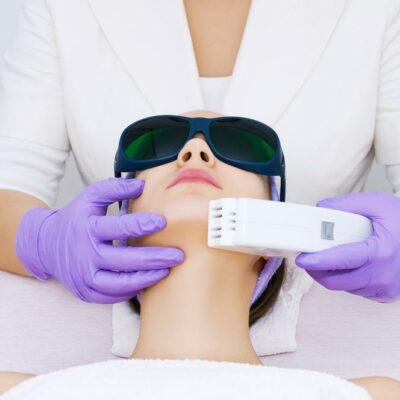
Understanding the difference between eczema and atopic dermatitis
Eczema is a skin condition that occurs, heals, and recurs in a cycle over time. The main indicators of eczema are sensitive and dry skin. This condition would probably worsen over time or even get aggravated as a result of various environmental triggers, including allergens that are airborne like pet dander and dust mites. It could also be caused due to the aggravation as a result of exposure to the chemicals in detergents, soaps, or lotions that have very heavy fragrances.
Even exposure to cleaning products or perfumes and deodorants can end up causing irritation on your already present eczema. There are some people who are sensitive to weather changes, and eczema reacts based on those seasonal changes as well. You cannot ignore these conditions and would have to identify whether you are suffering from eczema or any form of dermatitis:
1. Age in occurrence of eczema and atopic dermatitis
Eczema is a common occurrence in infants, and there are statistics that show how close to 20% of children have suffered from eczema. This skin condition is not contagious but rather hereditary in nature. In about 60% of infected infants, eczema symptoms manifest themselves as early as age 1, and close to 30% of those with eczema manifest their symptoms by at least age 5. The children who face a higher risk of developing eczema are those who have a family history of asthma or hay fever.
2. Eczema vs atopic dermatitis
The other term, frequently used as an umbrella term, for atopic dermatitis, eczema. Atopic dermatitis is a particular category of eczema that is not only chronic in nature but highly susceptible to allergens. As a result of this, the skin ends up being itchy, red, scaly, or oozes with rashes. Atopic march is evident in those diagnosed with eczema. This is a kind of cyclic definition wherein the diagnosis would involve eczema beside asthma, food allergies, and allergic rhinitis.
3. Allergies and asthma
There have been reports that show how close to 80% of children who are diagnosed with atopic dermatitis end up developing allergic rhinitis and/or asthma in their childhood. Most of the children who are diagnosed with eczema tend to outgrow these conditions. However, in the case of adults for whom the eczema remains chronic, there would be flare-ups that result in the manifestation of the symptoms. In the case of adults, the areas that could be affected are the hands, face, and even the eyelids.
4. Symptoms of eczema
In the event of a flare-up, the level of itching and irritation on the skin can be severe and will need immediate medical attention to deal with the pain and manage the condition in the long term. Usually, both conditions have to be understood well in terms of the symptoms they manifest as identification, and exact diagnosis is required for appropriate and targeted treatment.


